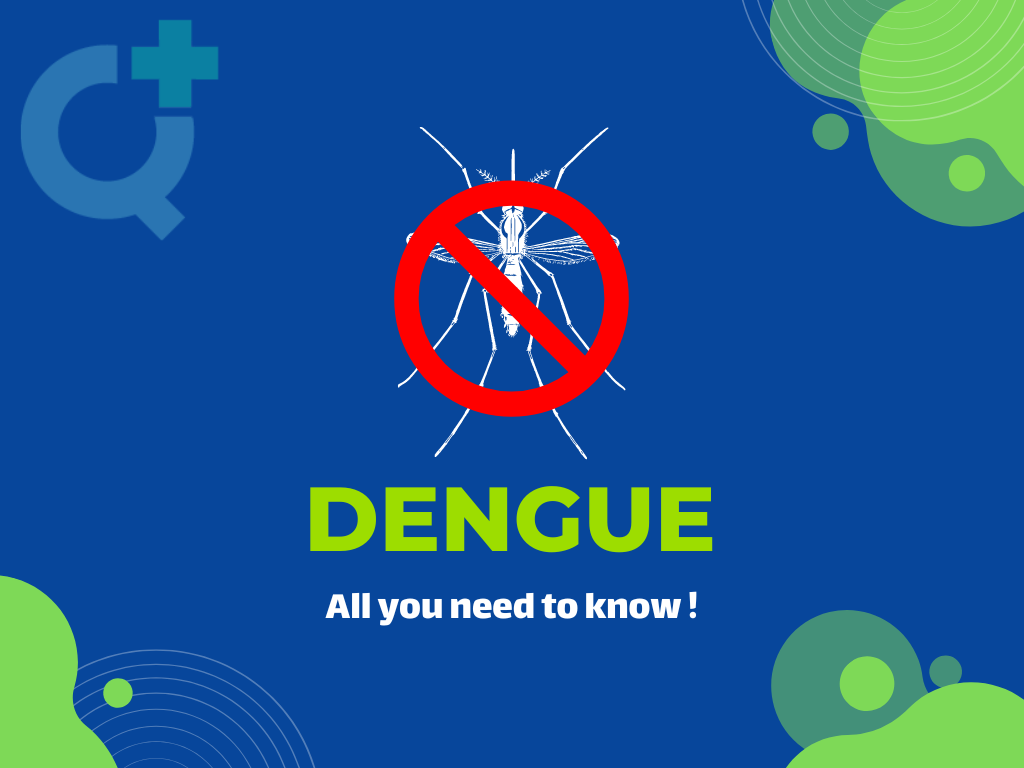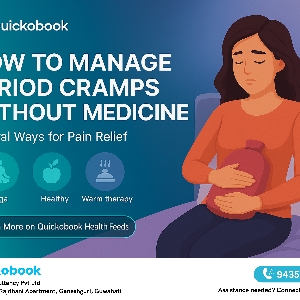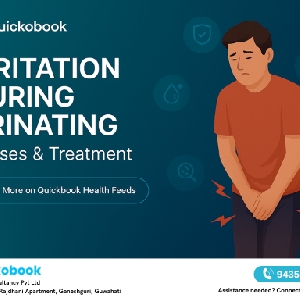What is Dengue ?
Dengue is a mosquito-borne viral disease. For causing dengue, the virus responsible for causing dengue is of the Flaviviridae family. It has the possibility of infecting four times and has four DENV stereotypes(DENV-1, DENV-2, DENV-3 and DENV-4). It is mainly transmitted to the human beings through the bite of infected mosquitoes. Dengue virus is mainly transmitted by female mosquitoes of the species “Aedesaegypti".
Basically dengue is found in tropical and sub-tropical climates worldwide, generally people living in urban and semi-urban areas mostly get infected by dengue. Some people are least infected by dengue while some people are severely infected by dengue causing organ impairments and/or plasma leakage.
Dengue cause serious and severe illness and even death in some cases of Asian and Latin American countries. Early detection of dengue is necessary to provide proper medical care by medical procedures.
As of now the most effective and efficient way to prevent infection is to avoid being bitten by mosquitoes and adopt adequate steps to minimize the population of mosquitoes.
Causes-
Dengue fever is mostly caused by any one of the four types of dengue viruses(DENV-1, DENV-2, DENV-3 and DENV-4). Dengue fever is not spread from the infected person. Instead it is spread through the mosquito bites. Dengue virus enters the mosquito, when the mosquito bites the person infected with the dengue virus. Then, when this infected mosquito bites another person, the virus enters another person’s bloodstream, thus causing dengue fever.
After recovering from dengue fever, people have long-term immunity to the type of virus that has infected you but not to the other three types of dengue viruses. This signify you can be infected again in the near future by any one of the other three viruses.
Symptoms–
Mild dengue fever can cause high fever and flu-like symptoms.
- Headache
- Body pain or joint pain
- Vomiting
- Nausea
- Rashes
- Swelling of glands
- Pain behind the eyes
Sometimes these symptoms even worsen and can become life-threatening. Signs of severe dengue fever includes-
- Damage and leakage of blood vessels
- Internal bleeding
- Organ failure
- Liver enlargement
- Severe stomach pain
- Persistent vomiting
- Bleeding from gums or nose
- Blood in urine, stools or vomit
- Difficulty in breathing
- Dropping of blood pressure to dangerous levels
Preventions-
- “Dengvaxia" one dengue fever vaccine is approved for the people aging between 9 to 45 years. This vaccine is approved only for those people who were earlier infected with dengue fever at least once. This vaccine is given in three doses during the course of 12 months.Obtaining the vaccine seems to maximize the risk of severe dengue fever and chances of hospitalization due to dengue fever in the near future.
- Avoiding mosquitoe bites – The World Health Organization believes that vaccine alone is not an effective tool to reduce dengue fever. Preventing mosquitoe bites and lowering the population of mosquitoes is the most effective method of preserving the spread of dengue fever.
Following are some of the tips and tricks to minimize the chances of mosquito bites-
- Air conditioned room or well-screened house
- Wearing of protective clothing
- Using mosquito repellent
- Prevention of mosquito breeding
- Community engagement
When to see a doctor-
For better health safety, you are advised to consult the doctor as soon as you’re infected with mild symptoms of dengue. In case of serious symptoms of dengue which are mentioned above, you are advised to consult the proper medical professional and get your admitted to hospital, if necessary.









Comments (0)
No comments yet. Be the first to share your thoughts!
Leave a Comment